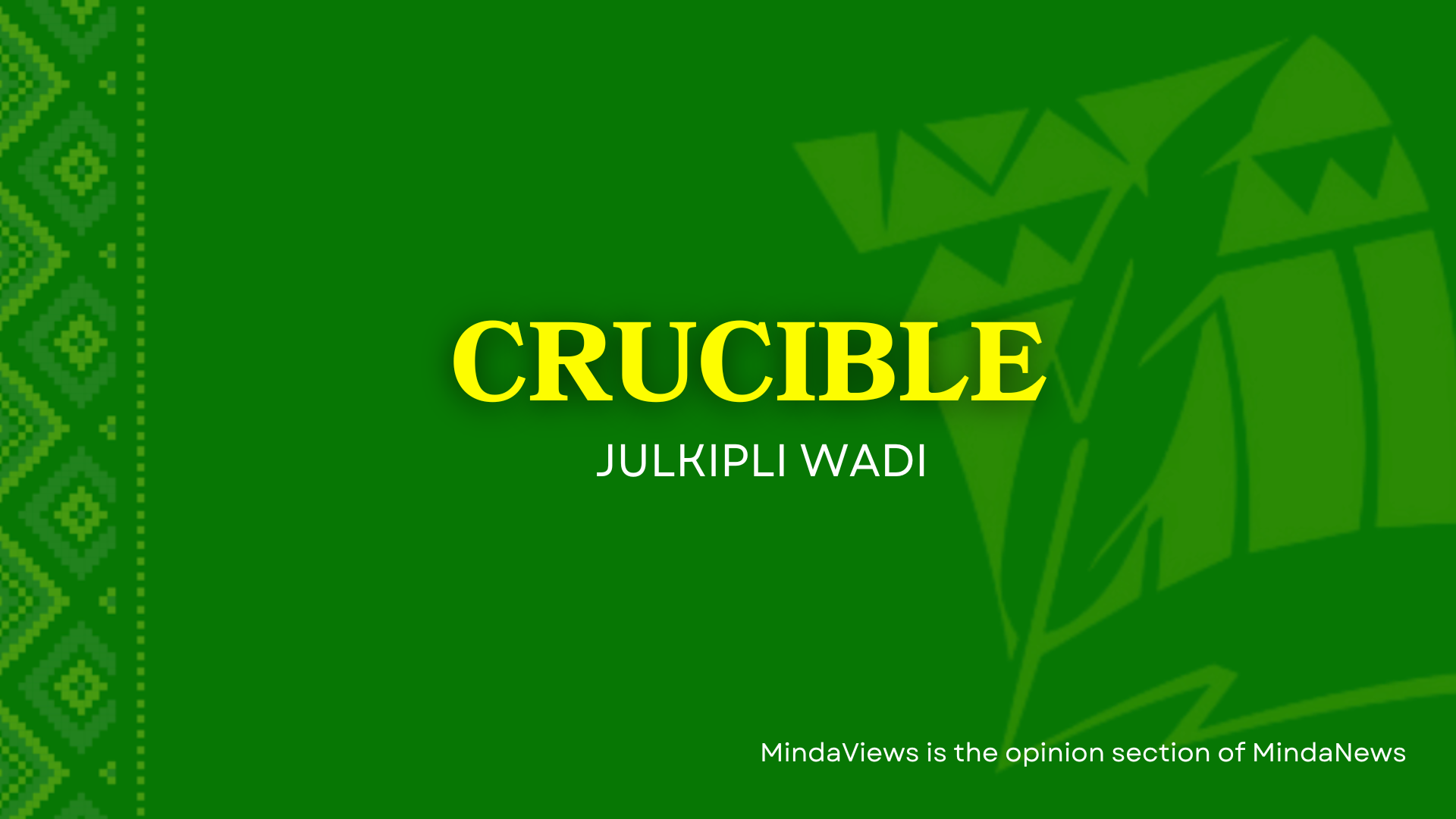
QUEZON CITY (MindaNews / 10 June) – How much self-reflection is happening in America today?
This question comes as a serendipity.
After wishing for months to have a direct conversation with crucial sectors of American establishment given Israel’s genocide in Gaza and mass protest among students in many US universities, I received an email from Peace and War Center (PWC) of Norwich University in Vermont, USA known for its strong tradition in academic and research on military science and techno-warfare.
The email is a request for a visit from a corps of cadets from PWC to the UP-Institute of Islamic Studies with specific request for an interview on Philippine Muslim history, belief, and culture. There are 10 participating cadets with their adviser, Dr. Travis Morris, who is the director of the Peace and War Center.
Their visit to UP, particularly their interest in Philippine Muslim history, follows a rich tradition of relations between the US and the Philippines, including the Muslim South. For instance, the first and third UP Presidents were actually American educators.
Instead of simply holding an interview at the Dean’s Office, the Institute organized a half-day seminar on May 6, 2024 highlighting major presentations from three of our IIS faculty members who deal with Philippine Muslim history, belief, and culture. Despite the constraints of time, the three topics were presented quite substantially.
The first and middle parts of the Q & A deal generally on issues related to Philippine Muslim history. As questions on geopolitics started to surface in the third part of Q & A, I raised the notion of self-reflections.
That concept is my deduction from Dr. Morris’s opening statements. He said that Norwich University instills excellence and honor and expertise in both military and scientific endeavors among its students, particularly in the field of cyber technology with strong “American character.”
“What is an American character?” I asked myself.
Dr. Morris did not specifically define the term. Rather, he emphasized “exponential learning” in the study of consciousness through phenomenology by studying objectively the parts as essential components of the whole which is akin to viewing a cube from different angles.
Such an approach endeavors to understand holistically all aspects of phenomenon — a reason why they are on a field study in Manila as they have done the “complexities of push and pull in Israel, in the West Bank and other parts of the world.”
After mentioning more countries that the Peace and War Center had engaged previously, Dr. Morris noted, too, the importance in knowing people’s narratives including the First Nations in the US.
PWC’s approach in giving premium to indigenous people’s narratives in America seems to suggest why they are also interested in the narrative of Muslims in the Philippines.
While Dr. Morris did not define what he meant by “American character,” except his allusion to ways used by PWC in understanding the world like that of a cube, I tried to infer another question at least mentally: as a cube has different sides capable of being viewed from different angles, reality is that, a cube has also its core and essential parts.
[MindaViews is opinion section of MindaNews. The second part of this article will follow soon. Julkipli Wadi is Professor of Islamic Studies at the University of the Philippines].
